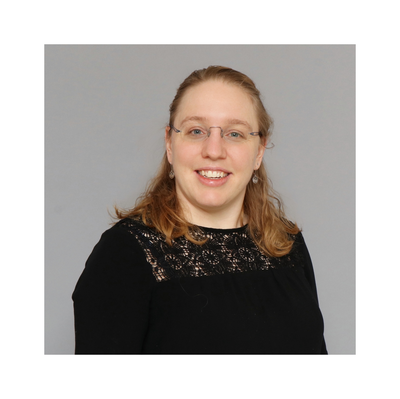Home

Email: ailenem [at] sfu [dot] ca
Department Webpages:
- SFU Math: Mathematics, Genomics and Prediction in Infection and Evolution (MAGPIE)
- SFU Biological Sciences
Research Overview:
I don’t like math. I love math. Particularly, as applied to evolution and population genetics. My research program is aimed at addressing fundamental questions in ecology and evolution through the lens of infectious diseases. Viruses, in particular, provide a unique opportunity to address eco-evolutionary questions, specifically coevolutionary ones, due to their rapid mutation rates and the extensive availability of genomic data. However, as many viruses are transmitted directly from host to host, examining coevolution in these systems requires developing a fully integrated ecological-epidemiological-evolutionary (E3) framework. My research aims are hence two-fold. First, I develop mathematical and statistical methods at the ecology-evolution-epidemiology interface. Second, I use these computational tools to address fundamental questions in these three fields.
I am currently an Assistant Professor in Mathematics at Simon Fraser University working with researchers in the Mathematics, Genomics, and Prediction in Infection and Evolution (MAGPIE) group. I completed my Ph.D. in 2020 at the University of British Columbia, Canada, where I worked with Dr. Sally Otto building population genetic models of host-parasite coevolution. I explored how coevolution affects disease dynamics and vice versa, how coevolution affects our ability to identify disease genes, and how ecological-coevolutionary and epidemiological-coevolutionary feedbacks shape host genetic variation. In 2020-21 I was the EEB Department Postdoctoral Fellow at the University of Toronto where I developed and tested the limitations of phylodynamic inference methods in collaboration with Dr. Matt Pennell.
In addition to exploring the E3 intersection, I enjoy pondering a diverse set of evolutionary questions in topics such as range expansion, hybridization, local adaptation, parallel evolution, and adaptation with gene flow. I was introduced to population genetics and evolutionary modelling by Dr. Scott Nuismer at the University of Idaho, U.S., where we worked on several theoretical and statistical models in evolution.
I am committed to the advancement of diversity and equity in science via science communication, collaboration, and outreach. As a theoretical biologist, I am particularly focused on breaking down barriers to the use of mathematics and statistics in biology. Please see the outreach page for more info.